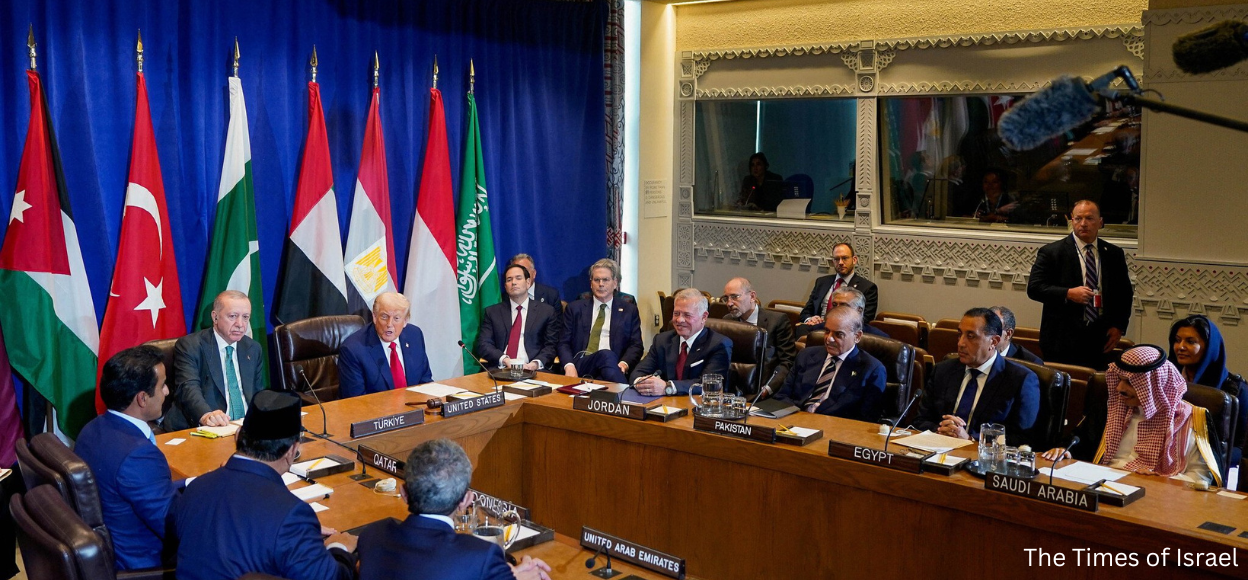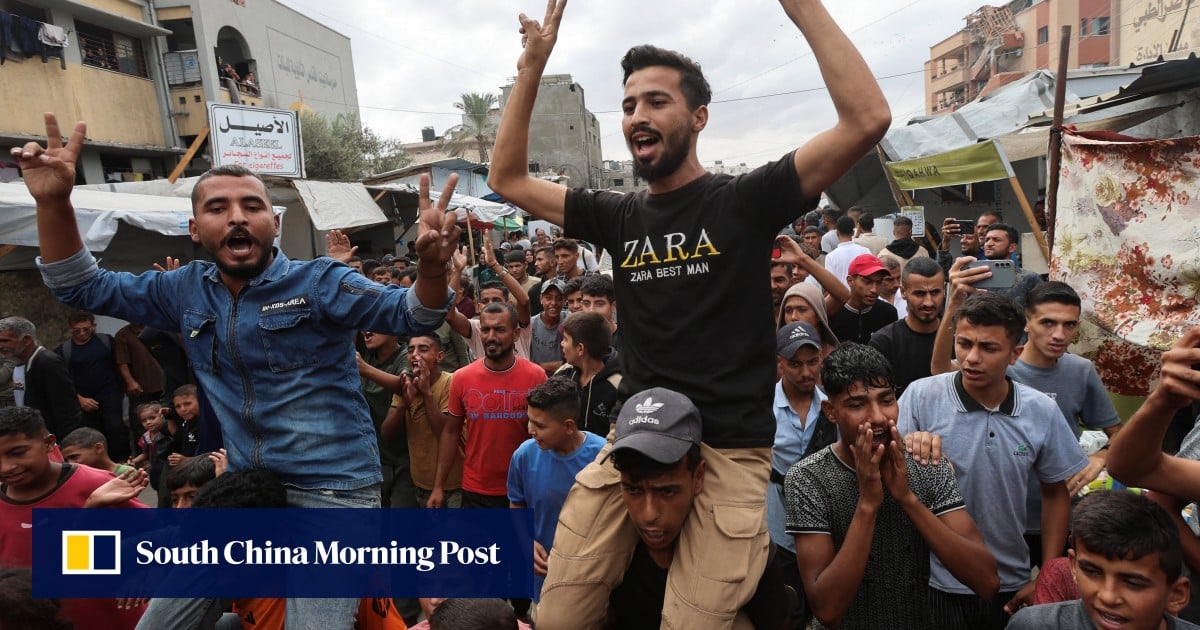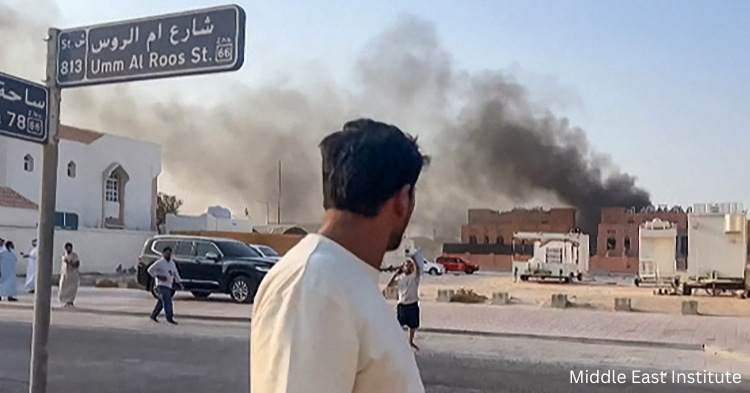In a recent video statement, former President Donald Trump expressed gratitude to Arab and Muslim countries for their role in the ongoing efforts to secure peace in Gaza and facilitate the release of Israeli hostages. Countries specifically mentioned included Qatar, Saudi Arabia, Jordan, Egypt, and Turkey, among others. While emphasizing hope for the safe return of hostages, Trump notably did not mention Israeli Prime Minister Benjamin Netanyahu, highlighting the complex dynamics of international diplomacy in the region.
Trump’s Recognition of Arab and Muslim Nations
President Trump’s acknowledgment of regional partners underscores the crucial role that Arab and Muslim countries play in mediating the Israel-Hamas conflict. Qatar, Saudi Arabia, Jordan, Egypt, and Turkey have historically served as intermediaries, providing channels for negotiation and advocating for humanitarian relief. By thanking these nations publicly, Trump highlighted the importance of international cooperation and regional diplomacy in resolving protracted conflicts.
These nations have also facilitated dialogue between Hamas and Israel in various capacities, often helping to bridge gaps in communication that would otherwise stall negotiations. Their involvement signals a broader willingness within the region to support peaceful solutions and ensure the safety of hostages.
Hostage Return and Diplomatic Nuances
In his video statement, Trump expressed optimism that the hostages would be returned safely to their families. He emphasized that the humanitarian imperative remains at the center of the peace efforts, particularly as families of captives have endured prolonged periods of uncertainty and distress.
Interestingly, Trump did not mention Israeli Prime Minister Netanyahu in his remarks, which may reflect the sensitive political dynamics between the United States and Israel regarding the negotiation process. This omission underscores the delicacy required in balancing international support while encouraging cooperation from all parties involved in the peace plan.
The Broader Peace Framework
Trump’s peace plan for Gaza continues to serve as the primary framework guiding negotiations. Key components of the plan include:
- Hostage Release: Hamas is to release all Israeli hostages, with reciprocal actions from Israel involving the release of Palestinian prisoners and detainees.
- Ceasefire: Immediate cessation of hostilities to prevent further civilian casualties and infrastructure damage.
- Governance in Gaza: Transition of administrative control to a neutral technocratic body, supported by Palestinian consensus and regional actors.
- Security and Disarmament: Gradual disarmament of Hamas, coupled with security guarantees to prevent renewed violence.
Trump’s recognition of the role of Arab and Muslim countries reinforces the importance of multilateral engagement to implement these provisions successfully.
International Implications
The public acknowledgment of regional partners highlights how the Gaza conflict extends beyond a bilateral dispute between Israel and Hamas. Arab and Muslim nations have a vested interest in regional stability and the protection of civilians, and their involvement can lend credibility and legitimacy to the negotiation process.
By highlighting their contributions, Trump not only reinforced the significance of diplomatic collaboration but also encouraged continued support for peaceful resolutions. The engagement of multiple countries may also facilitate monitoring and verification, ensuring that commitments are upheld and hostages are returned safely.
Challenges and Next Steps
Despite progress, challenges remain. Hamas’ statements regarding hostages include ambiguous language, and timelines for release are not clearly defined. Ensuring the safety of hostages while balancing political and security concerns requires meticulous planning and cooperation among all parties.
Additionally, regional actors must navigate delicate political landscapes, balancing their relationships with both Israel and Palestinian authorities. Coordinated efforts are essential to avoid misunderstandings and ensure that the peace process remains on track.
The humanitarian situation in Gaza remains dire, with ongoing shortages of food, medical supplies, and essential services. Any successful peace plan must address these issues alongside political agreements to ensure stability and prevent further crises.
Conclusion
President Trump’s acknowledgment of the critical role played by Arab and Muslim countries emphasizes the importance of international collaboration in resolving the Gaza conflict. While hope remains for the safe return of hostages, the complexity of negotiations highlights the need for continued diplomatic engagement, careful monitoring, and comprehensive humanitarian support. The involvement of regional partners may prove decisive in bridging gaps, facilitating communication, and ensuring that peace efforts yield tangible results for both Israelis and Palestinians.
%20(4).png)




.png)

.png)

